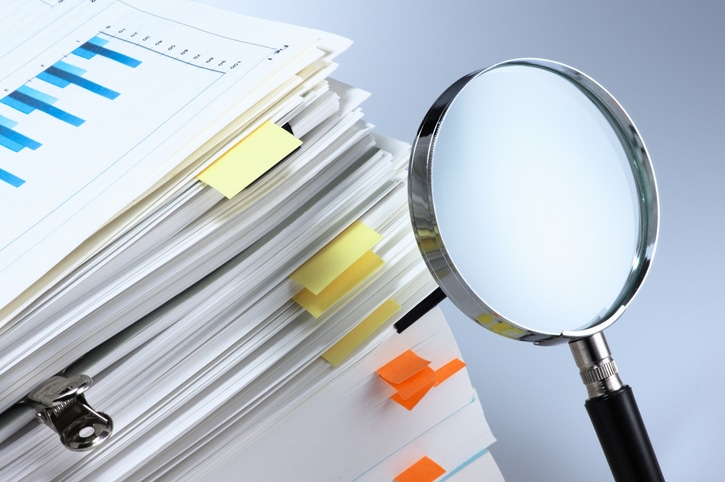Before pursuing a debtor, it is essential to weigh out the likelihood you will be able to collect upon the debt.
The majority of people who get into financial trouble are not able to pay their debts. Before pursuing legal action in court, it is beneficial to conduct a collections assessment to determine the likelihood that you will be able to collect upon a judgment, taking into account the time and money it will cost you to pursue the matter legally. Even after a judgment is obtained, it doesn’t mean that you can show the judgment order to a debtor, and they will just cut you a check for payment in full. After you obtain a judgment, the collections process begins, which requires precise timing and patience to secure payment by going after a debtor’s assets. Finding out if a debtor has limited assets can save you from incurring unnecessary legal fees and not collecting.
Obtaining a collections assessment will give you insight and details about the debtor to help you make an informed decision on how to pursue the debt. Before pursuing a judgment award, you should find out answers to the following questions:
- What real property assets does the debtor currently have? If a debtor has real property, a lien on the property can be one way to secure you are paid if the property is ever sold. It may even be possible to force a sheriff’s sale of any real property owned by the debtor.
- What income does the debtor have? If the debtor is employed, it may be possible to garnish wages once a judgment is obtained. However, you need to ensure your collection assessment is thorough and investigates any other garnishments already being taken from the debtor’s income, such as child support obligations, which would trump any judgment you may obtain.
- What other debts does the debtor have? A proper collections assessment will give you insight on how much debt the debtor has. If a debtor has multiple judgments already entered against them, looking into each of those judgments to see if the debtor has made any payments or if any of those creditors have successfully garnished any property can be helpful to you in determining how difficult it will be for you to collect upon a judgment.
- Is the debtor well versed in collection measures? Debtors who are well-versed in the collections process are much more challenging to collect because they take extreme steps to avoid paying. These debtors tend to find jobs working “under the table,” they put all of their assets in the name of a spouse, close family member, or significant other. They do not have a bank account and entrust any money they do have with another.
- How often does the debtor move? If you obtain a judgment in Maryland, but the debtor moves to a different state, you may have to enroll your judgment in the debtor’s state. This will require retaining additional legal counsel to pursue the debtor in the debtor’s new residential state. If a debtor moves frequently, you may incur significant costs to continue to pursue your judgment in each new state the debtor resides in.
- Has the debtor ever filed for bankruptcy? If a debtor files for bankruptcy, any efforts to pursue a debtor must be halted, pending the outcome of the bankruptcy proceeding. Judgment creditors stop collection efforts once a bankruptcy proceeding is initiated. Still, often a debtor does not follow through with all of the legal requirements to have their debt discharged. If the bankruptcy matter is dismissed without a discharge being granted, you may continue to pursue collection measures. If a debtor has filed bankruptcy before, you should know how long ago and the rules regarding when a debtor can file again.
Knowing this information before you incur the costs to file in court to obtain a judgment is critical.
All creditors should obtain a proper collection assessment to make an informed decision on whether or not to pursue the debt. Obtaining a judgment will cost you legal fees, and once the judgment is awarded, more money will be spent to go after any assets a debtor may have. Having information about the debtor’s assets, liabilities, employment income, and other judgments that may take priority, a debtor’s residential history, and how often they have filed for bankruptcy can all be critical in assisting you in deciding how best to pursue.
If someone owes you money and you want to pursue payment and/or obtain a collection assessment, please contact our office.
About Andalman & Flynn Collections: For decades, businesses and professionals have been turning to the experienced collections attorneys at Andalman & Flynn for their debt recovery needs. A licensed collections agency, their experienced team successfully navigates the complex laws surrounding debt collection practices. The firm combines cutting-edge technology with savvy, effective debt resolution methods that result in high success rates and fast recovery times. For more information, please visit www.andalmanflynncollections.com.

